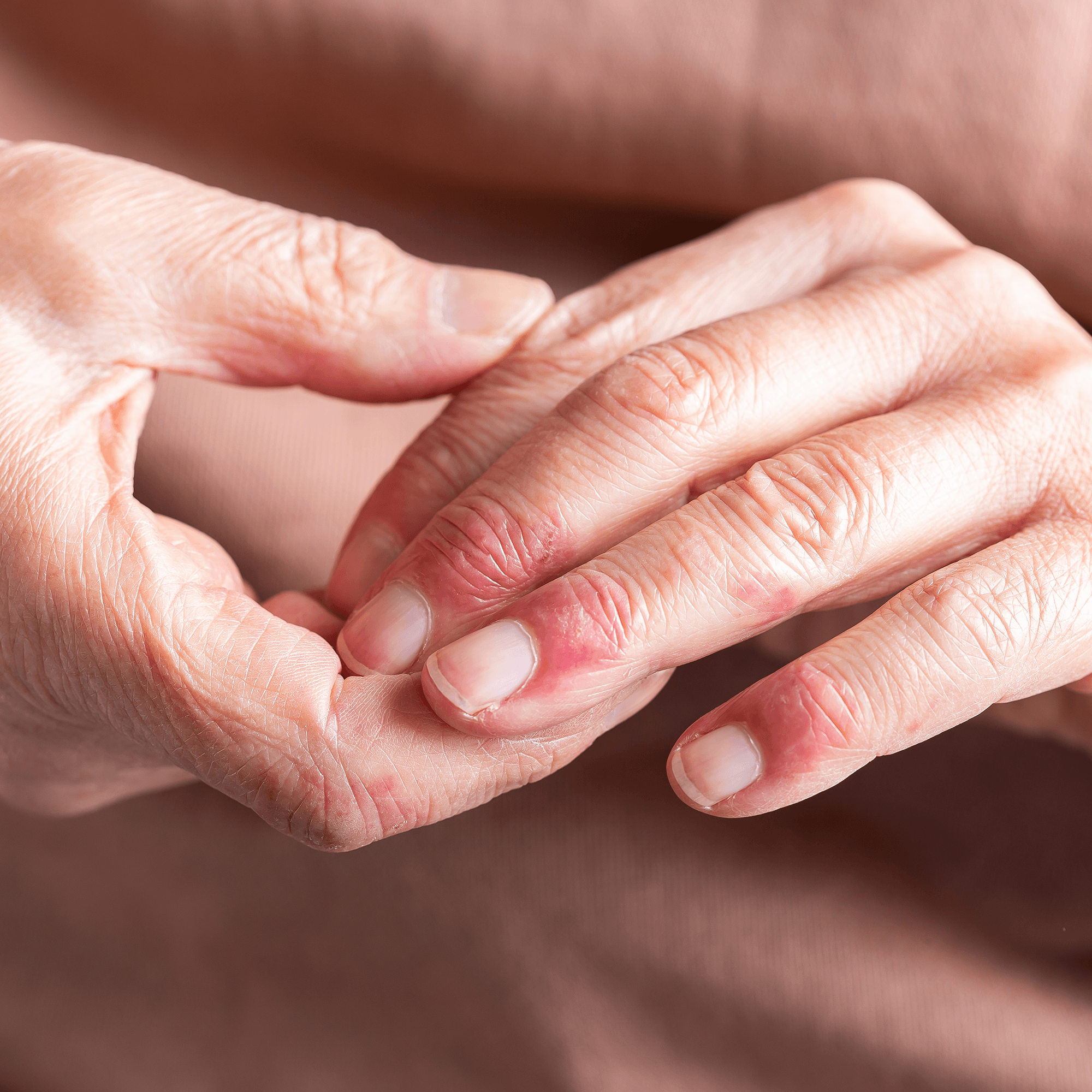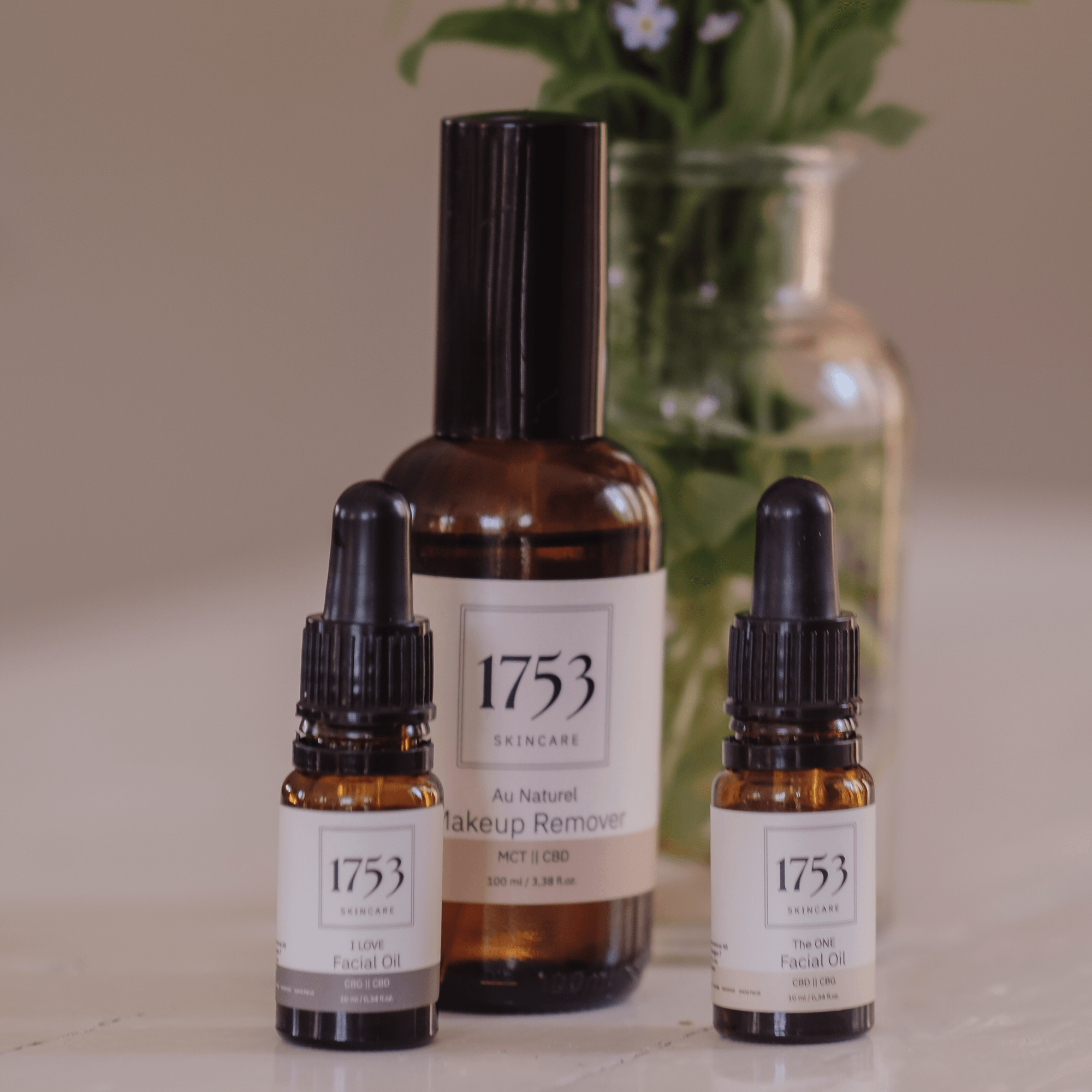Stress & Eczema

Stress and Its Connection to Eczema
Eczema, also known as atopic dermatitis, is a chronic skin condition that can be both painful and disruptive. Many people find that their eczema worsens during stressful periods, but why is that? In this post, we will explore the relationship between stress and eczema, why stress can trigger outbreaks, and how you can reduce occurrences by making certain lifestyle choices, including increased sleep, meditation, and a healthy diet.
The Relationship Between Stress and Eczema
Why Stress Can Trigger Eczema
Stress affects the body in many ways, including our skin health. When we are stressed, the body releases stress hormones such as cortisol and adrenaline. These hormones can have several negative effects on the skin:
- Inflammation: Cortisol can increase inflammation in the body, which can lead to or exacerbate eczema.
- Immune System: Prolonged stress can weaken the immune system, making the skin more susceptible to infections and irritations.
- Skin Barrier: Stress can affect the skin's ability to function as an effective barrier, making it easier for the skin to become dry and irritated.
Biological Mechanisms
Research has shown that there is a strong connection between the brain and the skin. Nerve cells in the skin can release neurotransmitters that affect inflammatory processes, and stress can directly influence these processes. This may explain why stress so often triggers or worsens eczema.
How to Reduce the Occurrence of Eczema Through Lifestyle Choices
1. Increased Sleep
Sleep is crucial for the body's recovery and for keeping stress levels down. Here are some tips to improve your sleep:
- Routine: Establish a regular sleep routine by going to bed and waking up at the same time each day.
- Environment: Ensure that your bedroom is dark, quiet, and cool.
- Avoid Stimulants: Avoid caffeine and electronics close to bedtime.
By improving your sleep, you can help your body manage stress better and thus reduce the risk of eczema outbreaks.
2. Meditation and Mindfulness
Meditation and mindfulness are effective methods for reducing stress and promoting a sense of calm. Here are some ways to incorporate them into your daily routine:
- Daily Practice: Set aside 10-20 minutes each day for meditation. It can be as simple as focusing on your breath.
- Mindfulness: Practice being present in the moment during your daily activities, such as eating, walking, or showering.
- Yoga: Yoga combines physical movement with breathing and meditation, which can be particularly effective for reducing stress.
3. Good Nutrition
A balanced diet can have a significant impact on your skin health and your ability to manage stress. Here are some tips for a skin-friendly diet:
- Omega-3 Fatty Acids: Found in fatty fish, flaxseeds, and walnuts, these can help reduce inflammation.
- Antioxidants: Fruits and vegetables like berries, citrus fruits, and leafy greens are rich in antioxidants that protect the skin.
- Probiotics: Fermented foods like yogurt, kefir, and sauerkraut can improve gut health, and thus skin health.
- Water: Staying well-hydrated is important for maintaining the skin's moisture balance and function.
Stress can be a powerful trigger for eczema, but by making conscious lifestyle choices, you can reduce its impact. By prioritizing sleep, incorporating meditation and mindfulness into your daily routine, and eating a balanced diet, you can help your skin become more resilient to stress-related outbreaks. Your skin will thank you, and you will feel better both physically and mentally.
Research has also shown a direct connection between the function of the endocannabinoid system and the risk of eczema. Here you can read more about how to support this signaling system to achieve healthier skin in a completely natural way!




Comments